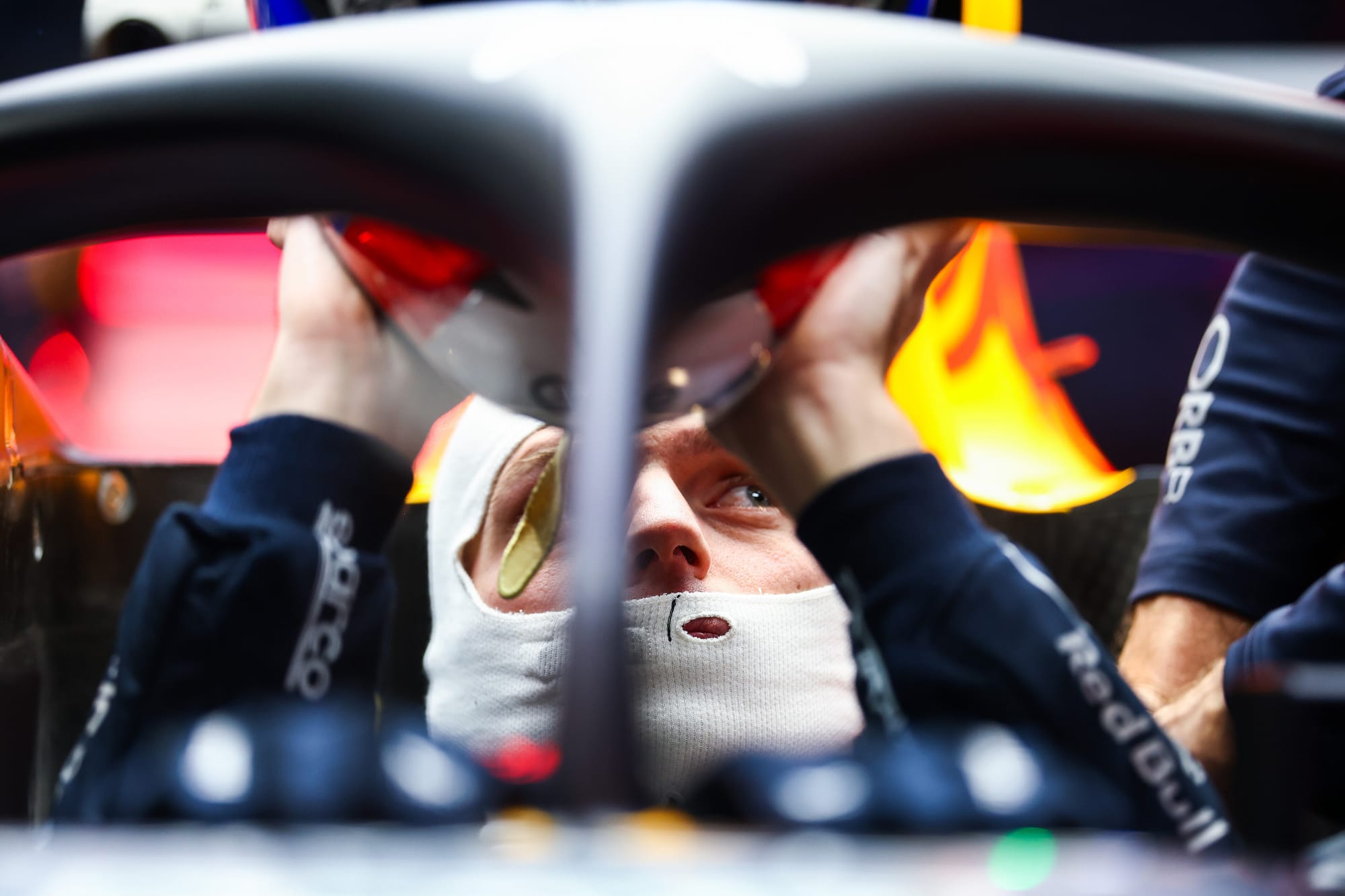FIA admits to 'weakness' in F1 cost cap rules that Red Bull exploited

The FIA has conceded that a “weakness” in the Formula 1 regulations leaves the door open for teams to make power unit changes without cost cap consequences.
The issue of whether teams must pay for engine swaps if they opt for one for performance reasons erupted after the Brazilian Grand Prix.
McLaren suggested that it wanted answers as to whether Red Bull’s decision to fit a fresh engine in Max Verstappen’s car for a power boost would be allowed without its rival facing any financial consequences.
McLaren's uncertainty was triggered by there being nothing in the regulations that strictly defines when an engine change does and does not fall within extra expenditure limits.
The only reference to extra power units definitely needing to be included in cost cap expenditure are for when teams need to “replace units out of service due to accident damage or other cause induced by team".
That use of the word “induced” is quite broad, which is why there has been guidance requested by individual competitors about what is and is not allowed.
While McLaren believes that the choice of taking a fresh engine for performance reasons would mean it needing to include the expenditure in its cost cap, Red Bull has suggested it sees things differently.
Red Bull chief engineer Paul Monaghan said at the Las Vegas Grand Prix that he believed his team would not face any financial consequences over the matter and that everything it had done was above board.
From the FIA’s perspective, it acknowledges that there is a grey area in the rules when it comes to being definitive on the motivations for engine changes.
It says that it has had to adopt a stance of believing teams if they claim changes are for reliability reasons, as it did not want to get involved in detailed investigations every time there was an engine change to prove that it was absolutely needed.
Asked by The Race to clarify what the FIA’s stance was on engine changes falling inside or outside the cost cap, single seater director Nikolas Tombazis said: “What we've not been keen to get involved in is a situation where, when there's an engine change, we have to argue with the team or the PU manufacturer whether a bit of telemetry indicates potentially a reliability issue or not.
“We don't feel we have the expertise to argue with them whether it's really a reliability or strategic change.
“In some cases it's obviously in one or the other camp. But when you're in that crossover area, it would be difficult.
"So this has been a weakness in the current regulations — the combination of financial plus technical and sporting — and it's been an area where we've adopted this approach where we accept these changes without getting into discussion about the impact on the cost cap.”
The potential for teams to use this unclear area of the rules has been known for a while, but due to circumstance, it has not cropped up as engine changes have normally been planned because of genuine reliability concerns
That is why new regulations have been put in place to close off any areas of exploitation for 2026, when a cost cap for engine manufacturers arrives.
Tombazis added: “With the cost cap for the PU manufacturers as well as the teams, this matter is resolved.
“The PU manufacturers would never find it convenient to make a strategic change, because each time it's going to cost them approximately the cost of an engine — a million, if it's just the internal combustion or whatever. And that will provide a natural mechanism.
“So we think it's a weakness in the current set of regulations, where there's no PU cost cap. But we think it gets resolved completely next year. It will stop being a topic of discussion.”
Next year’s regulations include a reliability allowance that manufacturers get to adjust their costs if extra units are used.
These are as below:
Internal Combustion Engine - $1 million
Turbocharger - $150,000
MGU-K – $175,000
Control Electronics - $215,000
Energy Store - $215,000